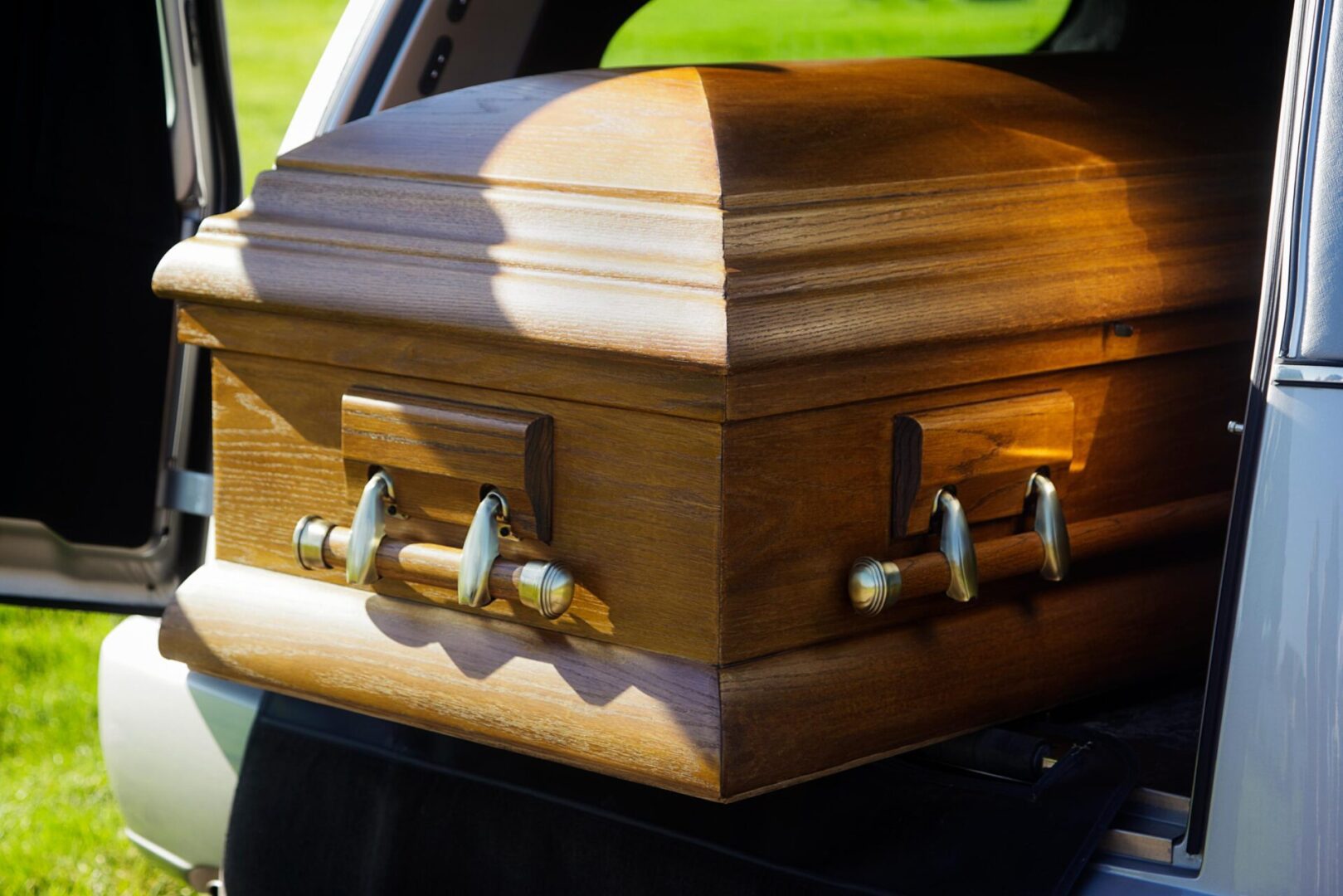
Understanding Mortuary Transport: The Essential Guide
Introduction
Mortuary transport is a specialized service dedicated to the respectful and professional transportation of deceased individuals from one location to another. This may include transporting a body from a hospital to a funeral home, a private residence to a medical examiner’s office, or even across state and national borders. The process is highly regulated and requires trained professionals to ensure that the remains are handled with care, dignity, and in compliance with legal requirements.
The Importance of Mortuary Transport Services
When a loved one passes away, families are often overwhelmed with grief and the logistical challenges of arranging transportation. Mortuary transport services alleviate this burden by managing the transfer of remains in a professional and compassionate manner. These services are crucial for funeral homes, hospitals, medical examiners, and government agencies that require timely and respectful transportation of the deceased.
Additionally, mortuary transport ensures compliance with local, state, and federal regulations governing the handling of human remains. Without proper transport services, there could be delays, legal complications, and distress for grieving families.
Types of Mortuary Transport
Mortuary transport services vary depending on the circumstances of the death and the destination of the deceased. Below are the primary types of mortuary transport:
Local Transport
- This involves the transfer of deceased individuals within the same city or region, typically from a hospital, nursing home, or residence to a funeral home or medical examiner’s office.
Long-Distance Transport
- If a person passes away far from their home, long-distance transport services ensure that their remains are transported safely to their final destination. This may require specialized vehicles equipped with refrigeration units.
International Repatriation
- In cases where a person dies abroad, their remains must be transported back to their home country. This process involves coordination with international authorities, embassies, airlines, and funeral homes to ensure compliance with international laws and customs regulations.
Medical Examiner Transport
- When a death occurs under suspicious or unexplained circumstances, the body is often transported to a medical examiner or coroner’s office for an autopsy. Mortuary transport professionals play a key role in securely transferring these remains while preserving necessary forensic evidence.
The Process of Mortuary Transport
The process of mortuary transport requires careful planning, adherence to legal guidelines, and specialized equipment. Below is an overview of the key steps involved:
Receiving the Transport Request
- Mortuary transport services are typically requested by funeral homes, hospitals, law enforcement agencies, or family members.
Documentation and Legal Requirements
- Before transporting human remains, appropriate documentation must be secured, including death certificates, transit permits, and in some cases, embalming certificates.
Preparation of the Deceased
- The body may need to be embalmed or placed in a refrigerated unit to preserve its condition during transport.
Transportation Process
- Specially equipped vehicles designed for mortuary transport are used to transfer the deceased safely and discreetly.
Delivery and Final Arrangements
- Once the remains reach their destination, they are handed over to the funeral home, crematory, or medical examiner for further processing.
Legal and Ethical Considerations
Mortuary transport is governed by various laws and ethical considerations to ensure respect for the deceased and public health safety. Some of these include:
- State and Federal Regulations: Laws governing the transportation of human remains vary by jurisdiction and often require permits, embalming under certain conditions, and specific vehicle requirements.
- Health and Safety Protocols: Handling deceased individuals requires adherence to strict sanitary and biohazard procedures to prevent the spread of infectious diseases.
- Ethical Considerations: Mortuary transport professionals are expected to treat every individual with the utmost dignity, maintain confidentiality, and offer support to grieving families.
Challenges in Mortuary Transport
While mortuary transport is a necessary service, it comes with its challenges, including:
- Legal Complexities: Navigating various local, state, and international regulations can be difficult, especially for long-distance and international transport.
- Emotional Toll: Mortuary transport professionals frequently deal with grieving families and tragic situations, which can be emotionally demanding.
- Logistical Issues: Coordinating long-distance or international transport requires careful planning to avoid delays and ensure proper documentation is in place.
Choosing a Mortuary Transport Service
For families and funeral homes seeking mortuary transport services, it’s important to consider the following factors:
- Experience and Reputation: Look for providers with a proven track record of professionalism and reliability.
- Compliance with Regulations: Ensure the service follows all legal and ethical standards.
- Availability and Responsiveness: Mortuary transport needs often arise unexpectedly, so a provider that operates 24/7 is preferable.
- Specialized Equipment: Vehicles should be equipped with refrigeration and other necessary facilities to transport remains safely.
Conclusion
Mortuary transport plays a crucial role in ensuring that deceased individuals are transported with dignity, care, and legal compliance. Whether it’s a local hospital transfer, a long-distance journey, or an international repatriation, professional mortuary transport services provide invaluable support to grieving families and essential institutions. By understanding the intricacies of mortuary transport, families and funeral service providers can make informed decisions and ensure a seamless transition for their loved ones.
Tags: